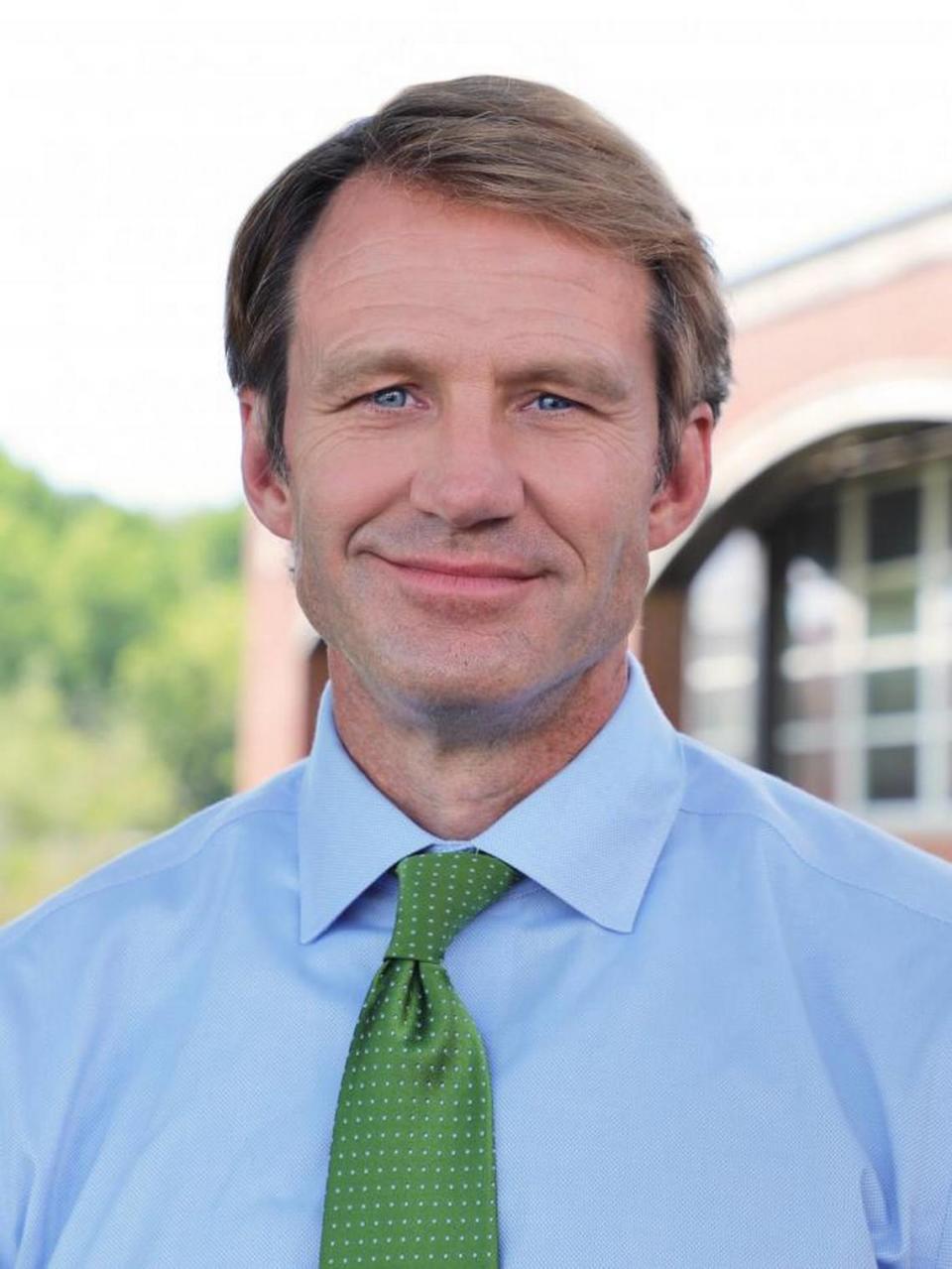In this game of upward mobility, Duke and UNC are on the same side | Opinion
It’s that time of year. K-12 schools, universities and community colleges are gearing up for fall term. College campuses are coming back to life and Triangle sports rivalries are reemerging. But this year there’s a new wrinkle in the back-to-school narrative. And it has rivals Duke and Carolina on the same team.
This summer, important financial aid announcements came out of Durham and Chapel Hill. Duke University announced a commitment to provide full tuition grants for undergraduates from North and South Carolina whose families earn less than $150,00 per year and additional support for students from families earning less than $65,000 per year.
The University of North Carolina-Chapel Hill unveiled its commitment to cover the tuition and required fees for N.C. undergraduates from families with incomes of less than $80,000 and to increase outreach efforts across the state.

Both schools signaled their embrace of universities as engines of upward economic mobility and a readiness to act to live into that promise. In doing so, they joined institutions in the Triangle like N.C. Central University, which offers a two-year undergraduate scholarship for entering N.C. community college graduates, and N.C. State University, whose Goodnight Scholarship offers community college transfers a three-year scholarship.
These commitments are particularly important for the institution where I am president, Durham Technical Community College, which has a large cohort of students every year enrolled in the university transfer pathway. They come with the express purpose of completing their first two years with us and then transferring to a university to obtain their bachelor’s degree.
And they succeed. Our college ranks second among North Carolina’s 58 community colleges in transfers to UNC-Chapel Hill, NCSU and NCCU. We have one of the largest cohorts of students in UNC-CH’s C-STEP guaranteed admissions program, and, this past year, more Durham Tech students (10) were selected as NCSU Goodnight Scholars than any other community college.
What universities understand is that transfer students are an excellent bet. They bring focus, maturity, diverse lived experiences and academic readiness. UNC System data shows that Durham Tech students outperform non-transfer students on GPA and four-year graduation rates.
The fact is that Durham Tech and other community colleges are places where many talented individuals choose to start their college careers. For many students, higher education attainment helps buck a stubborn economic reality in our community: those born into lower income levels have a difficult time moving up Data from Harvard’s Opportunity Insights study shows that Durham children with parents in the bottom 25th income percentile have an average annual household income of just $24,000 by age 35. In Orange County, it’s $29,000, in Wake $30,000.
Perhaps surprisingly, the Triangle is a tough region to get ahead if you don’t start ahead.
That is one of the reasons Duke’s and UNC’s announcements are welcome and existing efforts at NCCU and NCSU are important. These commitments help remove one of the major obstacles for potential transfers: Cost. For lower-income students, the comparatively affordable $9,000 per year in tuition and fees at places like NCSU and UNC can be a major hurdle — even with the maximum award from the federal Pell Grant of roughly $7,400.
But this isn’t just a problem for lower-income families. For middle-class families with access to little or no financial aid, affordability can be a serious challenge.
Individuals who are investing in themselves and working hard should also be moving up — that’s a goal we can all rally behind. For students interested in jobs and careers that require university-level training and degrees, removing obstacles to transfer and educational attainment is a critical step toward economic opportunity.
Creating true upward mobility is a team sport. In league with colleges like Durham Tech, Duke and Carolina, NCCU and NCSU are making it clear that they’re in this game and playing on the same side.
J.B. Buxton is President of Durham Technical Community College.

